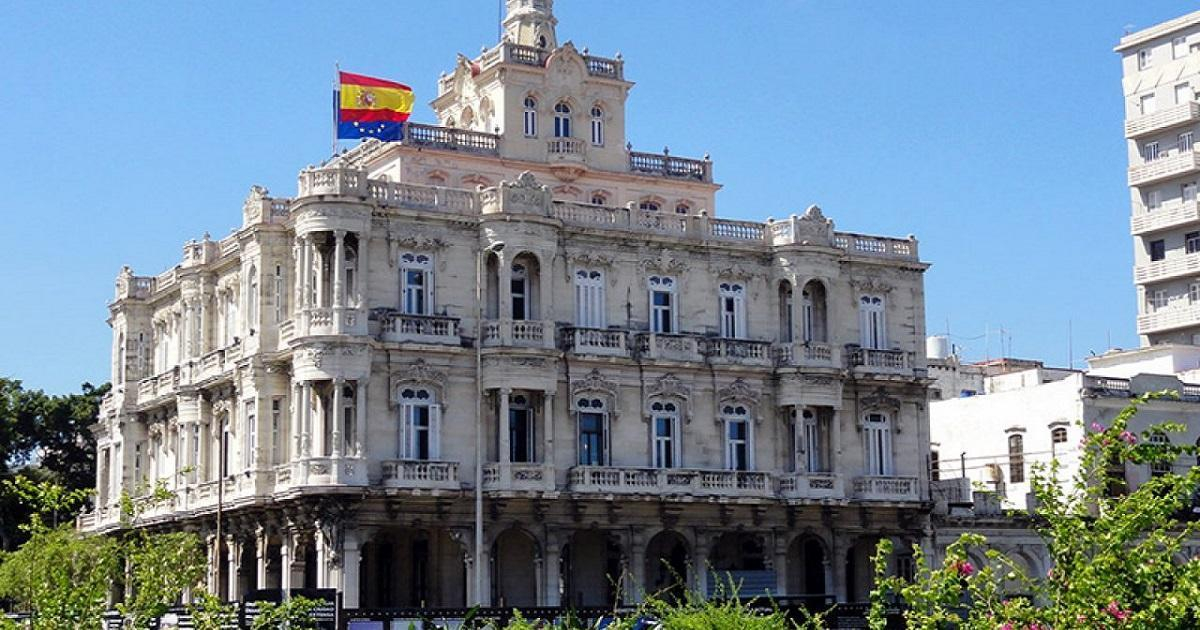
The Consulate of Spain in Havana expressed that at this time it is not possible to begin processing files to obtain Spanish citizenship through theDemocratic Memory Law, which has not yet been approved.
"The Democratic Memory Bill is not yet in force, since its parliamentary processing has not begun. For now it is not possible to initiate nationality files in this way," the entity expressed on its Twitter account.
"If the text is approved later, we will inform in detail of the conditions," he said.
The diplomatic headquarters revealed that it is receiving numerous queries about the new law, which is still in the draft phase and which the Spanish government has to send to Congress for analysis and possible approval.
"We cannot report on the parliamentary procedure nor do we have an estimate of deadlines," added the consulate.
The announcement that the Spanish government wants to promote theDemocratic Memory Law, which adds two new ways to acquire Spanish nationality, has aroused great interest in Cubans who could take advantage of it to obtain citizenship of the Iberian country.
This is an update of the current Historical Memory Law of 2007, popularly known in Cuba as the Grandchildren Law.
The new text contemplates two cases in which Spanish nationality can be acquired that was not included in the Historical Memory Law:
The first benefits the descendants of exiled Spanish women who lost their nationality by marrying a foreigner before 1978.
The second is for the adult sons and daughters of Spaniards whose nationality of origin was recognized by virtue of the right of option.
This last case gives the possibility of becoming Spanish citizens to the adult children of those who benefited from the Grandchildren Law. Before, only the youngest children could do it.
The Spanish consulate in Cuba has stressed to Cubans thatwill not offer any clarification to those interested in benefiting from the new law, since it is a project that has not yet been approved in Parliament.
"It is NOT yet a legal text in force. No type of communications in relation to the parliamentary procedure will be answered. Nor will appointments or documentation be answered," the consular office reported.
What do you think?
COMMENTFiled in: